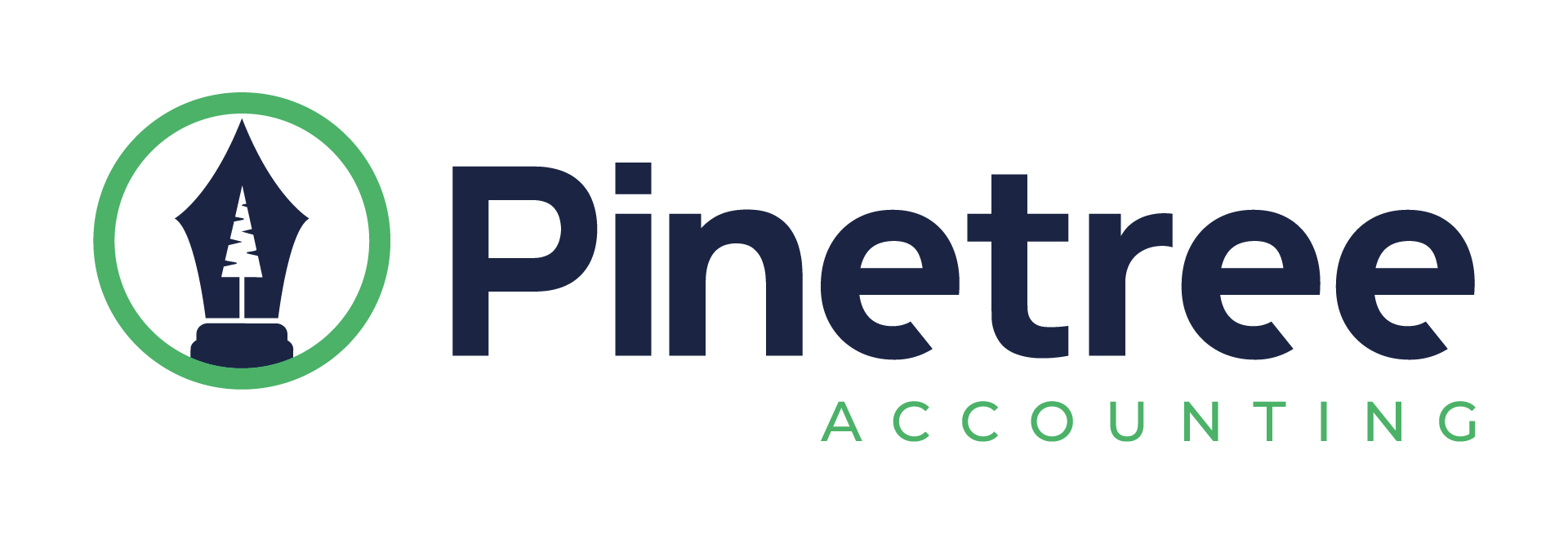Hong Kong is renowned for its pro-business environment, which includes one of the most straightforward and competitive tax systems in the world. With low tax rates, no VAT or capital gains tax, and a simple tax filing process, Hong Kong attracts businesses from around the globe. Understanding the tax system is crucial for businesses to ensure compliance and optimize their tax liabilities. This guide will provide an in-depth look at the key components of Hong Kong’s tax system and how businesses can navigate it effectively.
Overview of Hong Kong’s Tax System
Hong Kong operates on a territorial source principle, meaning that only income derived from or arising in Hong Kong is subject to taxation. This means offshore income, generally, is not taxed, making Hong Kong an attractive location for companies with international operations. The primary taxes that businesses need to be aware of include Profits Tax, Salaries Tax, and Property Tax. Notably, there is no capital gains tax, no tax on dividends, and no VAT or sales tax, which simplifies business operations and reduces administrative burdens.
Corporate Tax Rates in Hong Kong
Hong Kong’s corporate tax structure features a two-tiered tax rate system designed to support small and medium-sized enterprises (SMEs). The first HKD 2 million of assessable profits are taxed at a reduced rate of 8.25% for corporations and 7.5% for unincorporated businesses, such as partnerships and sole proprietorships. Profits above HKD 2 million are taxed at the standard rates of 16.5% for corporations and 15% for unincorporated businesses.
This tiered system encourages the growth of smaller businesses by reducing their initial tax burden, allowing them to reinvest more into their operations. For businesses looking to optimize their tax positions, engaging in meticulous bookkeeping is essential. Services like Pinetree’s Bookkeeping & Accounting can help businesses maintain accurate records and fully leverage the benefits of the lower tax rate.
Key Tax Filing Requirements and Deadlines
The Hong Kong tax year runs from April 1st to March 31st, but the filing deadlines vary based on the company’s chosen financial year-end. Generally, companies have between six to nine months after their financial year-end to file their Profits Tax Returns. Specific deadlines include:
- April 30 for companies with financial year-ends between April 1 and November 30.
- August 15 for year-ends in December.
- November 15 or January 31 for year-ends between January 1 and March 31, depending on whether the company made a profit or loss.
To ensure compliance, companies must submit the completed Profits Tax Return (BIR51), along with supporting documents such as audited financial statements and detailed tax computations. Given the complexity of these requirements, many businesses opt for professional tax filing services. Pinetree’s Tax Return Services can provide the necessary support to help your company meet all deadlines and filing obligations.

Tax Deductions and Allowances
Hong Kong’s tax system allows businesses to reduce their taxable income through various deductions and allowances. Key deductions include:
- Depreciation Allowances: Initial and annual allowances on capital expenditures for plant and machinery. Businesses can claim a 60% initial allowance on qualifying expenditures, with annual allowances ranging from 10% to 30% depending on the asset category.
- R&D Expenditure: Enhanced deductions are available for qualifying research and development expenses, with some expenditures eligible for up to a 300% deduction under specific conditions.
- Employee-Related Deductions: Salaries tax paid on employees’ remuneration can be deducted when calculating assessable profits, which can significantly reduce a company’s tax liability.
For companies aiming to maximize these deductions, it is vital to maintain precise financial records and ensure that all claims are adequately supported by documentation. Engaging in regular audits through services like Pinetree’s Audit Arrangement can help businesses remain compliant and fully benefit from available tax deductions.
Special Tax Treatments and Incentives
Hong Kong offers various incentives to foster innovation and economic growth. One notable initiative is the Patent Box Regime, which provides a concessionary tax rate of 5% on qualifying intellectual property income derived from R&D activities conducted within Hong Kong. This regime aims to encourage businesses to invest in innovation and intellectual property development locally.
Additionally, businesses involved in certain sectors may benefit from tax exemptions or reduced rates. Understanding and applying these special treatments can be complex, so consulting with professionals who specialize in corporate secretarial services can be beneficial. Pinetree’s Corporate Secretarial Services can guide businesses in leveraging these incentives effectively.
Double Taxation Agreements (DTAs) and International Tax Considerations
Hong Kong has established a comprehensive network of Double Taxation Agreements (DTAs) with various countries, designed to prevent the double taxation of income. These agreements are particularly advantageous for multinational companies, as they help reduce tax liabilities on cross-border income. However, it’s important to note that Hong Kong does not have a DTA with the United States, which may result in double taxation for U.S. entities operating in Hong Kong.
For businesses that are expanding internationally or dealing with cross-border transactions, understanding DTAs and their implications is crucial. Pinetree’s Company Formation Services can assist with structuring your business in a way that maximizes the benefits of Hong Kong’s DTA network.
Compliance and Record-Keeping Obligations
Compliance with the Inland Revenue Department’s (IRD) requirements is a critical aspect of operating in Hong Kong. Companies are required to keep accurate financial records for at least seven years, including all receipts, invoices, and related documents that support their tax filings. Failure to maintain proper records or file returns accurately can result in significant penalties.
Ensuring compliance is not just about meeting deadlines—it’s about maintaining a robust system of internal controls and meticulous record-keeping. For businesses that need assistance with payroll taxes and employee-related tax matters, Pinetree’s Payroll Services offer comprehensive solutions that help manage these obligations effectively.
Conclusion
Hong Kong’s tax system is designed to be simple, competitive, and conducive to business growth. By understanding the tax rates, filing requirements, and available deductions, businesses can optimize their tax positions and ensure compliance with local regulations. Partnering with professional service providers like Pinetree Accounting Services in Tsim Sha Tsui can help businesses navigate the complexities of the tax landscape, allowing them to focus on what they do best—growing their business. For expert guidance on any aspect of Hong Kong’s tax system, reach out to Pinetree today.





